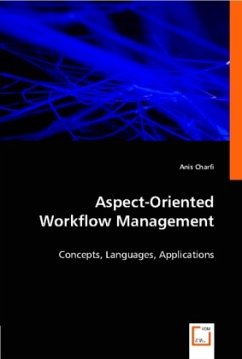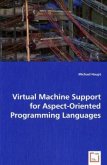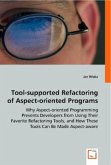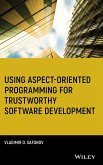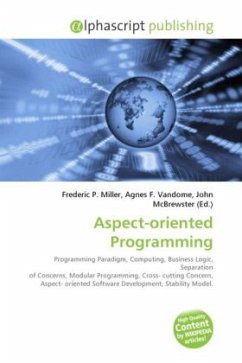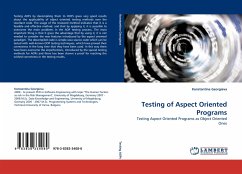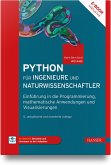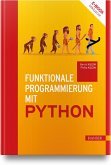Current workflow languages and workflow management systems lack support for expressing crosscutting concerns and workflow changes in a modular way. The workflow constructs that implement a crosscutting concern such as monitoring or security cannot be encapsulated in a separate module with a well-defined interface, which leads to complex workflow specifications. Moreover, the lack of a module for encapsulating workflow changes as separate first-class entities makes managing such changes difficult. This book addresses these problems by introducing aspect-oriented workflow languages. It also presents two such languages: AO4BPMN, which extends BPMN and AO4BPEL, which extends BPEL. Both languages enable an aspect-oriented workflow management approach supporting crosscutting concerns from process design to process implementation. Two applications of AO4BPEL are discussed: a process container framework for expressing and enforcing non-functional properties and an aspect-based approach to business rules in BPEL. This book targets IT experts and computer scientists as well as readers with interest in workflow management, web service composition, and aspect-oriented software development.
Bitte wählen Sie Ihr Anliegen aus.
Rechnungen
Retourenschein anfordern
Bestellstatus
Storno

